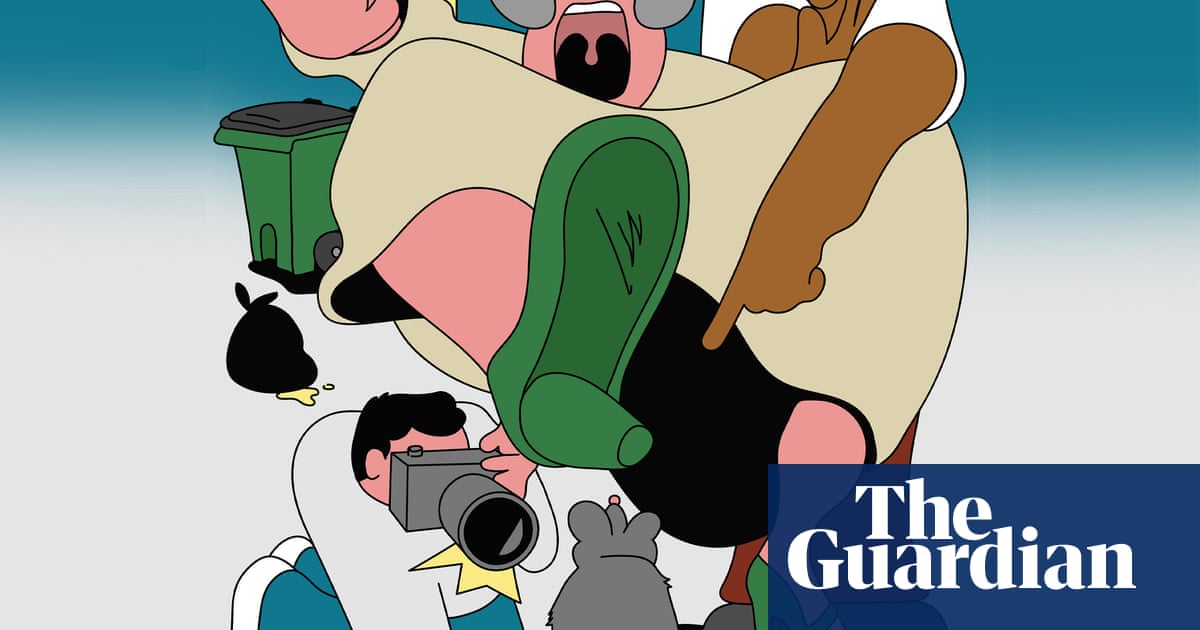Endangered eels caught in British estuaries will no longer be exported to Russia after the government banned the trade.
In a decision that Britain’s last remaining eel trader said would end centuries of traditional elvering, a request to dispatch millions of glass eels – young eels that develop into elvers – to a restocking project in Kaliningrad was refused by the Department for Environment, Food and Rural Affairs (Defra).
Last year, the authorities allowed Peter Wood of UK Glass Eels, who has been exporting glass eels for more than 50 years, to dispatch one tonne of glass eels – representing about 3 million fish.
These were caught in spring in the Severn estuary by elver fishers who have worked the area for years.
The European eel (Anguilla anguilla) is a protected, red-listed species, with the number of elvers migrating into European rivers having declined by 95% since the 1980s.
In 2010, the EU banned the trade of European eels outside their natural range in Europe. Since Brexit, it has been impossible for British eel fishers to export glass eels to restocking projects in EU countries, but a loophole made it permissible to catch and export elvers to non-EU destinations in their natural European range if they were used for conservation purposes, such as restocking lakes or rivers.
Wood said a ban on eel exports to Russia would stop the traditional fishery on the River Severn because there were no other markets to export to.
“It is absolutely devastating,” said Wood. “All my team are going to lose their jobs. This will be hundreds of years of heritage and culture gone.”
A Defra spokesperson said: “We have robust rules and laws in place to safeguard protected species, including glass eels, and any applications to export them are rigorously assessed to ensure they are legal and sustainable.
“This application for the export of glass eels has been refused over concerns of significant risks of illegal trading compounded by the current situation in Russia.”
More than 55,000 people signed a petition calling for an end to the export of elvers to Russia following an outcry after the Guardian revealed plans to increase the Kaliningrad export amount to five tonnes.
Wood said the restocking project in Kaliningrad was a legitimate conservation project and preventing it would also stop his facility’s contribution to UK restocking projects. “Fishermen are very generous. They’ve provided the glass eels and we provide the facilities to do it. All that is going to come to an end,” he said.
Andrew Kerr, chair of the Sustainable Eel Group, welcomed the government decision, saying the focus for eel conservation should be on restocking English and Welsh rivers from the glass eel surplus in the Bristol Channel.
“It’s a much better use of the precious natural resource that they should migrate up the Severn than be sent to Russia. This means that the future is conservation elvering for [UK] restocking programmes,” he said.
Young elvers enter river systems and spend years developing before migrating to the Sargasso Sea, in the Atlantic Ocean, to reproduce. But no English or Welsh river is close to meeting its “eel escapement target” – the number of mature silver eels that successfully get out to sea.
Removing barriers such as weirs – or building fish passes around them – is one way to help eels, but moving glass eels from estuaries to suitable habitat upriver is another way to increase populations.

 2 months ago
49
2 months ago
49

















































